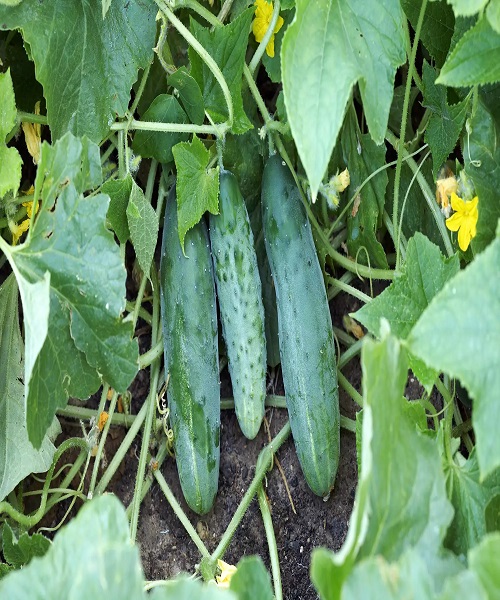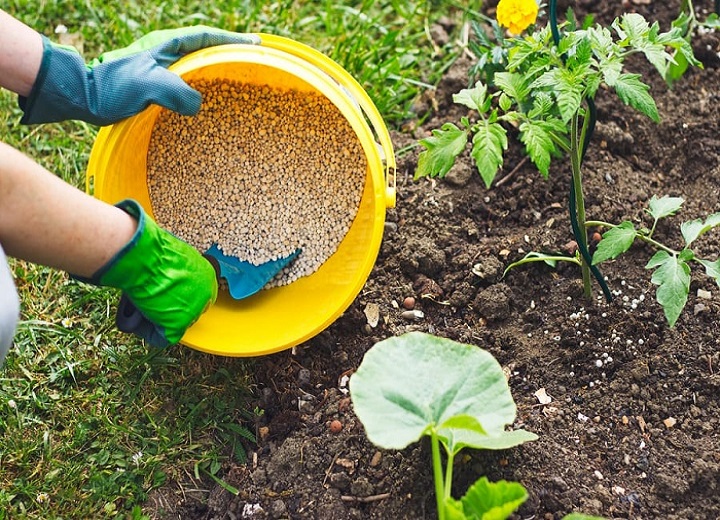When it comes to fertilizing your vegetable garden, timing and technique are just as essential as the fertilizer itself! When it comes to vegetable plants, no matter how nutrient-rich and healthy a garden’s soil is, they still need occasional doses of fertilizer.
Like many other vegetables, tomatoes, peppers, and cucumbers require a lot of nutrients from the soil. Because of their rapid growth, they deplete soils of essential elements like nitrogen and potassium.
But plants can get the energy they need to grow strong and healthy by using the right kind of fertilizer at the right time. And, of course, this will result in a larger crop!
Let Plants Become Established Before Applying Fertilizer
Avoid fertilizing too early in the season. Fertilizing a garden before the plants have a chance to grow might harm or even kill them.
It takes a while for seedlings and transplants to adapt to their new environment. The roots of young plants might be shocked or burned if they receive too much nutrition too soon.
Fertilizing should be started 7 to 10 days after transplanting. It’s also a good idea to give seed crops like corn and beans some time to germinate and expand before planting.
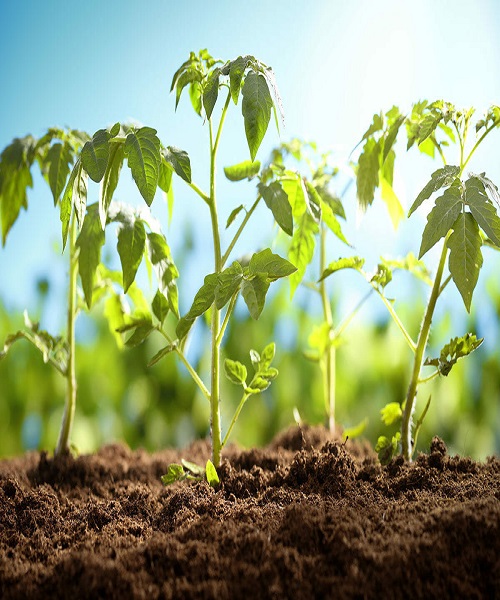
Fertilize in the early morning or late evening
During the hottest part of the day, avoid fertilizing your vegetable plants. It is during the hottest part of the day when plants are at their peak stress level.
In addition to being less able to absorb nutrients, plants can be burned and injured by the hot sun, depending on the fertilizer and method utilized.
In order to avoid problems and optimize nutrients, fertilize plants in the early morning or late evening.
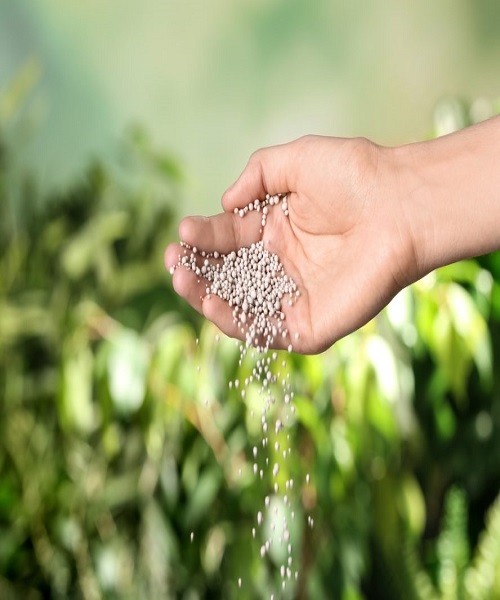
Finding the Best Fertilizer for Your Plants
Natural fertilizer solutions for garden plants include the following: Nitrogen, potassium and phosphorus are the three most important nutrients for plants. These are the most important nutrients for most vegetables.
You might want to use liquid fertilizer over granular fertilizer. Compost tea, worm casting tea, or all-purpose liquid organic fertilizers are more quickly absorbed by plants than solid fertilizers. In addition, they all contain the necessary components for rapid growth.
As a bonus, liquid fertilizers can be absorbed by the roots and leaves. A quarter gallon of liquid fertilizer is applied to each plant twice a month for the first 8 to 10 weeks.
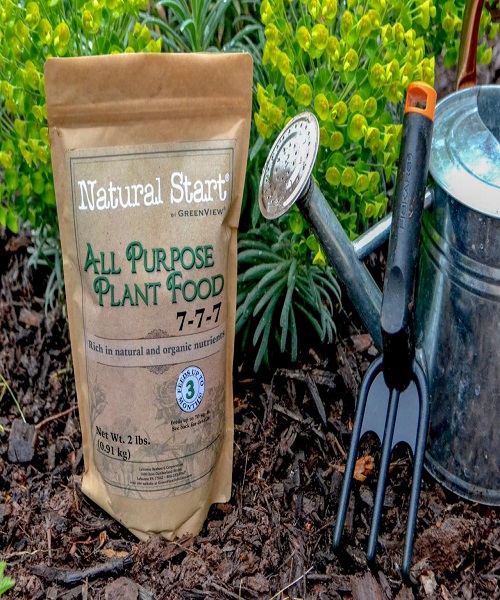
Power Mulch for Extra Nutrition
This may be the most important “secret” of all when it comes to fertilizing your garden. Adding power mulching to your fertilization schedule will help you get even more out of your gardening efforts.
What exactly is power mulching? A nutrient-rich mulch is being placed at the base of each plant to gently release nutrients.
In order to keep your plants healthy, you can apply a few inches of compost around each one. A quarter cup of worm castings is also added to the compost to provide additional slow-release energy.
This “ring of strength” encircling plants keeps water in and prevents weeds from growing. It also aids in the absorption of liquid fertilizer and prevents runoff. When it rains or is watered, it provides nutrients to the roots below.
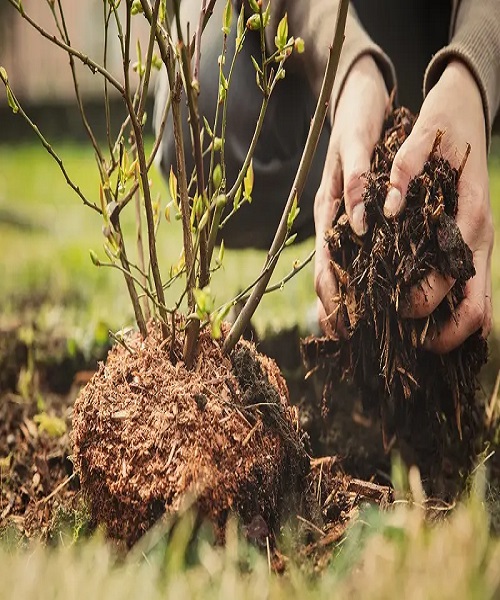
Learn When To Stop
Last but not least, knowing when to stop fertilizing your garden plants is critical as well. You should stop fertilizing your plants in mid-summer as soon as they reach peak yield.
If you give your plants a boost in power, they’ll only use it for further foliage growth, not to generate more flowers or fruit.
